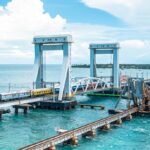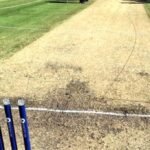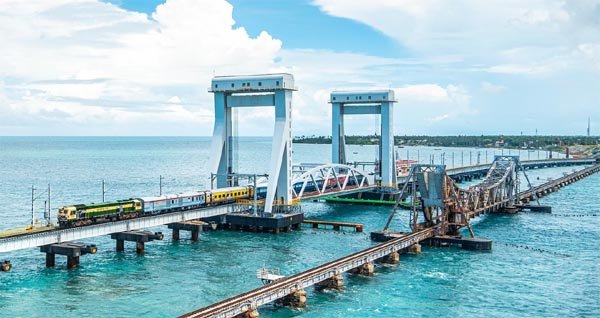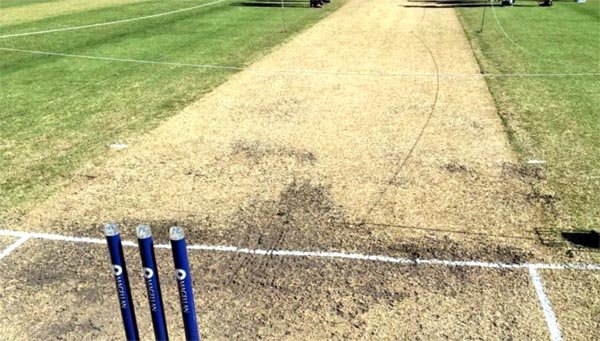New Delhi, July 16 (UNI) The Supreme Court today issued notice in an appeal filed by Adani Krishnapatnam Port Limited (AKPL) challenging a February 2025 order of the National Green Tribunal (NGT) directing the imposition of environmental compensation on the company for past violations related to coal dust pollution and non-compliance with environmental clearance conditions.
A bench comprising Justice PS Narasimha and Justice Atul S Chandurkar sought replies from the respondents but declined to stay the NGT’s order without hearing them.
The case pertains to the Tribunal’s order raising serious concerns about the environmental impact of coal handling operations at Krishnapatnam Port in Andhra Pradesh.
Proceedings before the NGT were initiated on a complaint by a local resident, Bonigi Rangaiah, alleging that bulk handling of coal cargo at the port was generating fine coal dust affecting air quality, vegetation, and public health in nearby villages.
The complaint also cited the port’s failure to establish a greenbelt buffer zone, the absence of mechanised cargo handling infrastructure, and the use of private groundwater sources in violation of environmental norms.
Although the complaint was later withdrawn after the port reportedly implemented some mitigation measures, the NGT noted that substantial past violations had been established in a joint committee report submitted by the Central Pollution Control Board (CPCB), Andhra Pradesh Pollution Control Board (APPCB), and the District Collector.
The report confirmed the port’s failure to implement various pollution control measures, including mechanisation of coal handling at the south berths, installation of fixed dust suppression systems, and development of a 100-metre-wide greenbelt around the coal yard.
In its final order dated February 13, 2025, the Tribunal directed the APPCB to levy environmental compensation for the period of non-compliance.
It further mandated that timelines be fixed for full compliance with earlier directions, penalties be imposed for any delay in implementation, and native tall-growing species such as Bamboo Giganteus and Burflower Tree (Neolamarckia cadamba) be planted as part of the greenbelt.
Challenging these directions, AKPL approached the Supreme Court, arguing that the Tribunal’s findings and penalty directions were unwarranted, especially in light of the withdrawal of the complaint and the remedial steps taken.
Senior Advocate Dhruv Mehta, appearing for AKPL, contended that the entire litigation before the NGT transpired without impleading or hearing the company and sought a stay on the NGT order.
Mehta was briefed by a team from Karanjawala & Co led by Senior Partner Ruby Singh Ahuja.











